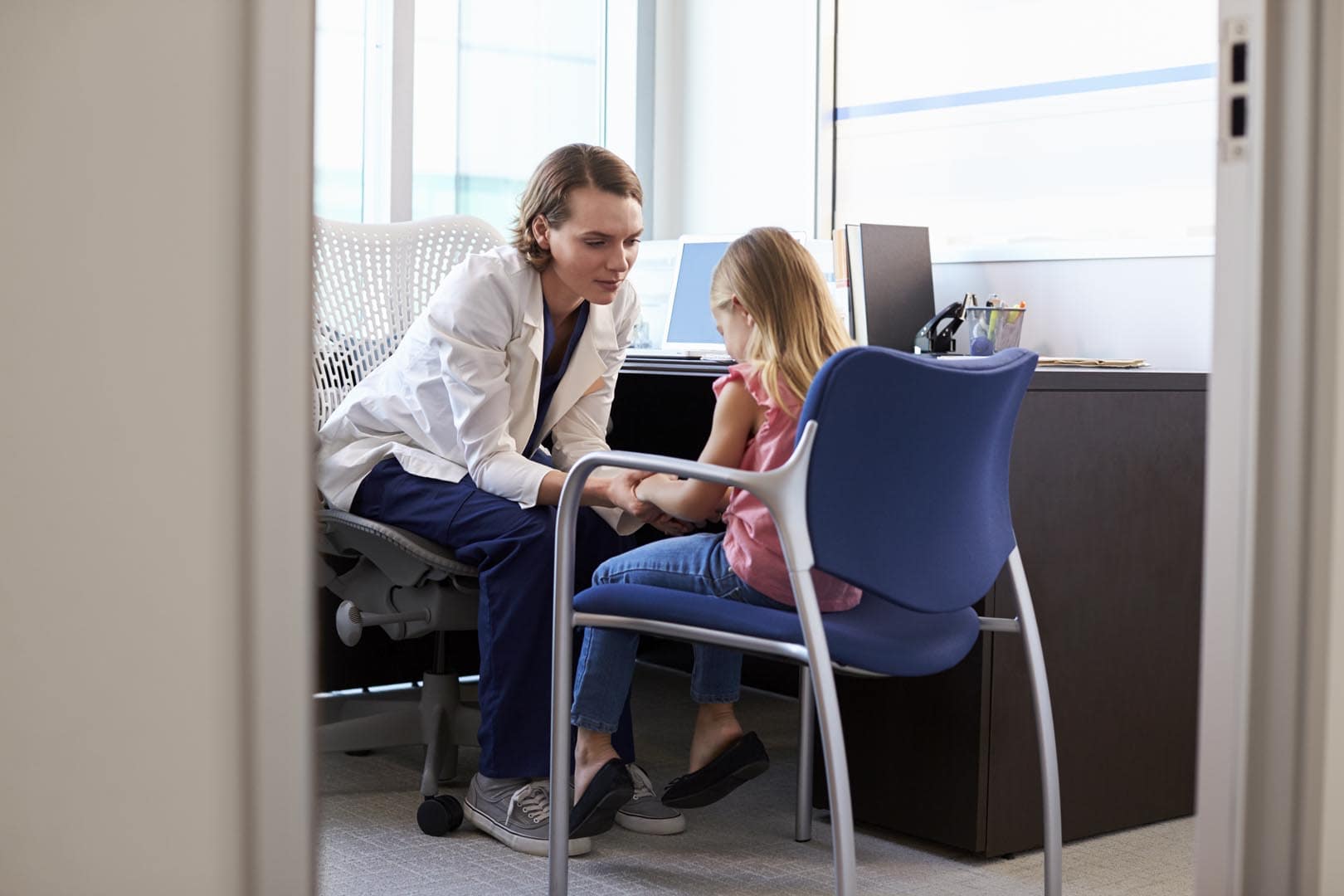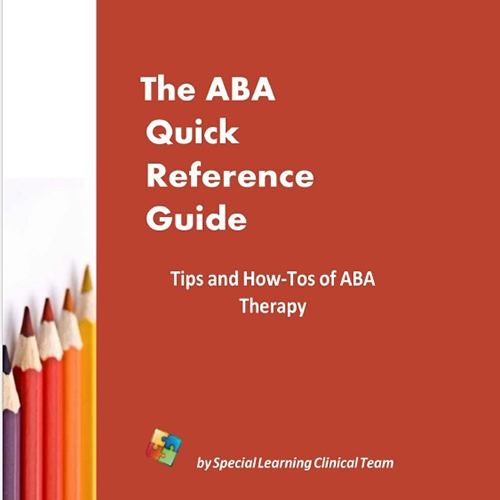What Is a Child Psychiatrist?
A child psychiatrist is a doctor who specializes in diagnosing and treating behavioral and thought disorders in children. A child psychiatrist uses his knowledge on many factors including biological and psychological factors, in order to devise a treatment plan for a child with behavior and thought disorders. This plan may include medication to help control or minimize certain behaviors or thoughts.
What Does a Child Psychiatrist Do?
If your child has autism spectrum disorder (ASD or autism), a child psychiatrist can be a very valuable member of your child’s care team. Children with autism may have other mood or thought disorders that exist in addition to autism. Disorders, such as obsessive-compulsive disorder (OCD), may occur in children with autism; however, behaviors associated with this disorder can be managed with medication and psychiatric intervention.
A psychiatrist may devise a treatment plan that may involve just your child, your family, or another group. A treatment plan may either include medication or behavioral therapy, in order to reduce negative behaviors. A child psychiatrist can also act as an advocate for your child with other doctors, school professionals, agencies, or other organizations.
What Can I Expect During First Appointment?
Your first appointment, also known as a consultation, will take about an hour. The child psychiatrist will interview both you and your child, in order to gather information. The doctor will check vitals like blood pressure and weight, in order to accurately prescribe necessary medication. A child psychiatrist will discuss your family background for a better understanding of the family dynamics.
You may be asked about your relatives, as well as medical or psychiatric histories. If you have documentation to share with the doctor about certain conditions or behaviors, this is the best time to share them.
A child psychiatrist may ask your child to draw a picture of his family to help further evaluate skills, regardless of your child’s ability to communicate verbally. The doctor will also ask your child simple questions about his family. In devising a treatment plan, your child may be advised to see other doctors for further evaluation.
The doctor will schedule future appointments, as well as prescribe any necessary medication to manage abnormal behaviors that may be present in your child. After your child’s consultation, expect to receive a detailed report of the consultation along with diagnoses and a treatment plan.
Reference:
The American Academy of Child and Adolescent Psychiatry. Your Child–Asperger’s Syndrome, retrieved on April 1, 2011, from http://www.aacap.org/cs/root/publication_store/your_child_aspergers_disorder
Copyright © by Special Learning Inc. All right reserved.
No part of this article may be reproduced in any manner whatsoever without written permission except in the case of brief quotations embodied in critical articles and reviews. For information, contact Special Learning Inc., at: contact@special-learning.com








